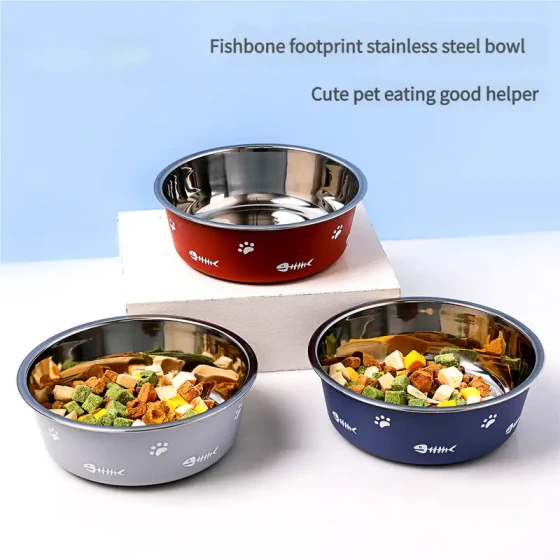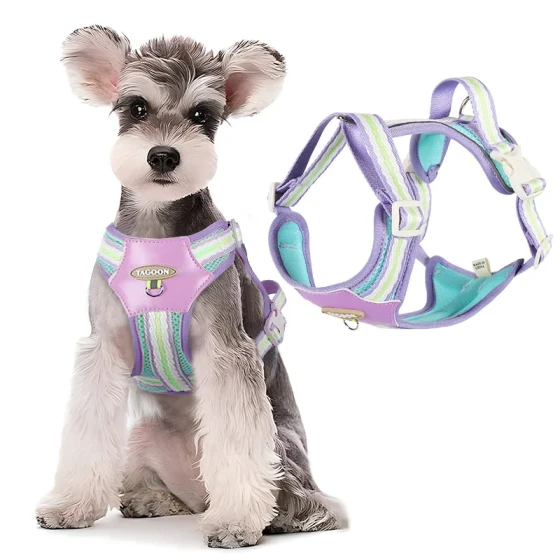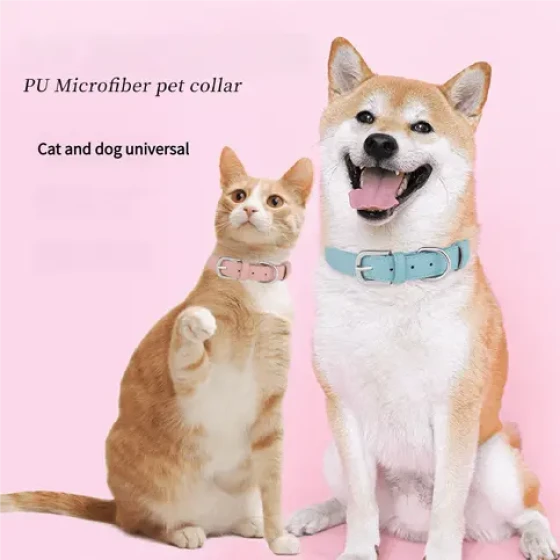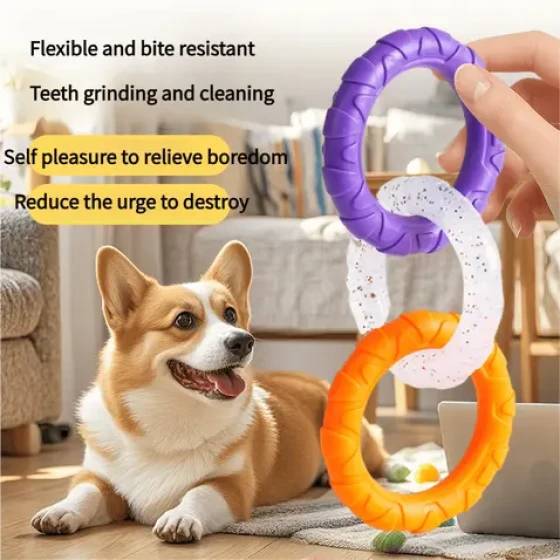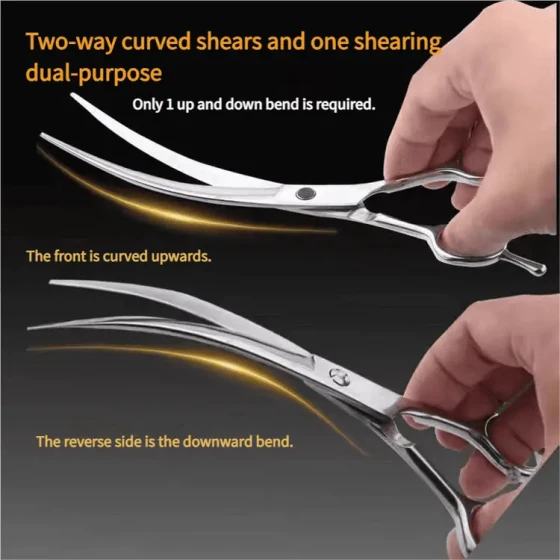How to Stop Dogs from Eating Poop
Trace elements are all meaningless now. Dogs today almost never lack nutrition; they eat better than humans. The main thing is to change the habit. Eating poop is innate, not a habit. When you see it, you should punish accordingly, and owners need to clean up in time. Dogs naturally have the instinct to eat poop; this needs no further explanation.
When they defecate, you should take them to a place slightly far from home to do so. It's impossible to let them defecate at home. Usually, around half an hour to an hour after eating, dogs need to be let out. My dog has never defecated at home; it can hold it all night and goes out to defecate in the morning, so eating poop never happens. Dogs can't change the poop-eating habit; this is an old saying. Since it can't be changed, just make sure they don't see it. Hehe.
The key is to manage the timing; between half an hour to one hour, take them out for a walk and they will defecate outside. Before defecating, dogs sniff around and circle on the ground. Their habit is not to defecate in places they often move around but rather in places they're accustomed to.
Nowadays, even cats don't eat mice anymore. Why? Mainly because the food given by cat owners is fulfilling and tasty. Cats have never been exposed to mice from a young age, so when they see mice, they don't know mice are tasty. Even worse, big mice bite cats.
Dogs raised in a comfortable environment from a young age won't have the chance to eat poop and thus might not do it. Military and police dogs do not eat poop.
But free-range cats and dogs or wild cats and dogs still naturally eat mice and poop.
Toy dogs don’t eat poop.
Keep them away from such things and use the forgetting method.
When it eats poop, you hit it. Over time, it will form a conditioned reflex and won't dare to eat poop anymore...
Get a dog that doesn't eat poop.
It's hard to change nature.
In terms of animal instincts, anyone who has cared for puppies, kittens, or even children knows that newborn animals cannot excrete on their own and must rely on the mother's licking to stimulate urination and defecation. This not only keeps the environment clean but also prevents odors from escaping, avoiding attracting predators to protect themselves. Therefore, when dogs feel threatened, they often eat their own feces to increase their sense of security.
Additionally, dogs rely on a super-sensitive sense of smell to find food and use biting to inspect whether something is edible. So, some dogs define feces, which has a smell and can be eaten, as food.
From a behavioral perspective, if owners give incorrect training, dogs can easily develop wrong reactions. The most common situation is when owners see dogs defecate in inappropriate places, they hold the dog's head, force its nose to smell the feces, then scold or even beat the dog, thinking this action tells the dog not to defecate improperly. But for the dog, this might mean that when the owner comes home, sees feces, gets angry, grabs it, and finally scolds or hits it. If I were the dog, I would think the only way to avoid being scolded or beaten is to erase the evidence—by eating my own poop.
Some owners, eager to clean up immediately after the dog defecates for hygiene reasons, may move too quickly. This may make the dog mistakenly think the owner wants to take away its "treasure" or that it’s a game, leading the dog to eat its feces to compete with the owner.
People’s reactions when they see dogs eating feces make the dog feel "noticed." Therefore, some dogs use this behavior to gain attention or become the focus. However, some dogs eat poop simply out of extreme boredom, finding some amusement, especially those kept in cages for long periods.
Some dogs eat poop due to physiological reasons. Especially when digestive absorption issues occur, feces may contain a lot of protein, carbohydrates, and other nutrients. Dogs with sensitive noses may regard feces as food and eat it. Also, severe intestinal parasites can affect digestion and absorption, making feces nutritious and thus eaten by the dog.
If a dog’s nutrition is unbalanced, it may eat feces out of desperation. Some owners feed their dogs only one meal a day or restrict food intake, causing hunger and poop-eating behavior. Lack of fiber, salt, cobalt, or phosphorus causes nutrient deficiencies, making dogs recycle their feces for nutrients.
Eating poop may also be caused by internal diseases mostly related to digestive and absorption functions, such as pancreatic exocrine insufficiency, intestinal parasites, bacterial overgrowth, enteritis, and so on. Chronic abdominal pain from pancreatitis, peritonitis, and gastritis or abnormal eating behaviors caused by hyperthyroidism, adrenal hyperfunction, diabetes, etc., may also cause dogs to eat feces.
Reference materials: 。
